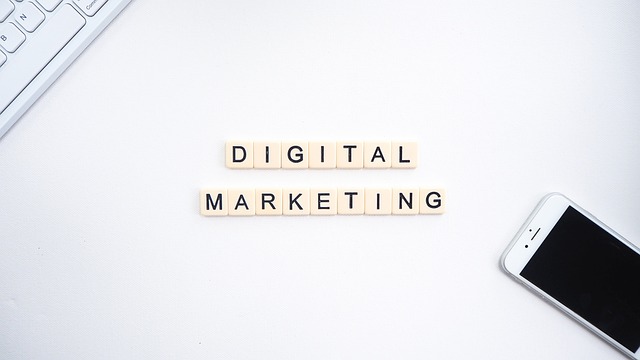Micronutrient deficiencies, often overlooked due to subtlety, can lead to serious health issues. AI vitamin and supplement optimization tools analyze diet, lifestyle, and medical data to accurately detect these gaps, offering personalized supplementation strategies. These technologies, leveraging machine learning and vast databases, enable individuals to take control of their nutritional well-being, reduce disorder risks, and foster a more balanced wellness approach. Integrating these AI tools represents a significant step in personalized healthcare, promising to revolutionize global preventive health outcomes with ongoing research.
“Revolutionize your health with AI vitamin and supplement optimization tools! This article explores how artificial intelligence is transforming the detection of micronutrient deficiencies, offering precise and personalized solutions. From understanding the global impact of these deficiencies to leveraging AI’s capabilities, we delve into a new era of wellness. Discover how these innovative tools can accurately identify gaps in your nutrition and suggest targeted supplements, paving the way for a healthier you.”
- Understanding Micronutrient Deficiencies and Their Impact
- The Role of AI in Accurate Detection and Optimization
- Integrating AI Tools for Personalized Vitamin and Supplementation
Understanding Micronutrient Deficiencies and Their Impact

Micronutrient deficiencies, often overlooked, can have significant health implications. These deficiencies occur when the body lacks sufficient amounts of essential vitamins and minerals, which are needed for various physiological functions. Unlike macronutrients like carbohydrates, proteins, and fats, which are more visible in our diets, micronutrients play a behind-the-scenes role, supporting immune function, energy production, bone health, and much more. Despite their subtle nature, deficiencies can lead to a range of issues, from fatigue and weakness to serious long-term conditions.
AI vitamin and supplement optimization tools emerge as powerful allies in the fight against these silent deficits. By analyzing an individual’s diet, lifestyle factors, and health data, these innovative technologies can pinpoint specific micronutrient gaps. This accurate detection allows for personalized recommendations, ensuring that people receive the precise amounts of vitamins and minerals their bodies need to function optimally. With AI-driven optimization, individuals can take control of their nutritional well-being, promoting overall health and reducing the risk of micronutrient-related disorders.
The Role of AI in Accurate Detection and Optimization

Artificial Intelligence (AI) is transforming the way we approach health and nutrition, especially in the realm of micronutrient deficiency detection. AI vitamin and supplement optimization tools leverage advanced algorithms to analyze vast amounts of data from various sources, such as medical records, laboratory tests, and nutritional databases. This capability enables them to identify subtle patterns indicative of deficiencies that might be missed by traditional methods.
By accurately detecting these deficiencies, AI tools can facilitate personalized supplementation strategies. They can optimize vitamin and mineral intake based on an individual’s unique needs, lifestyle, and genetic makeup, ensuring that people receive the precise nutrients they require for optimal health. This precision approach not only enhances overall well-being but also reduces the risk of overselling or underselling supplements, fostering a more balanced and effective wellness strategy.
Integrating AI Tools for Personalized Vitamin and Supplementation

The integration of AI vitamin and supplement optimization tools marks a significant shift in personalized healthcare. These cutting-edge technologies leverage machine learning algorithms to analyze an individual’s health data, including dietary patterns, lifestyle factors, and genetic predispositions. By understanding these nuances, AI tools can accurately detect micronutrient deficiencies and recommend tailored vitamin or supplement regimens. This approach ensures that individuals receive precisely what their bodies need, enhancing overall well-being and mitigating the risk of nutrient imbalances.
Personalized nutrition supported by AI offers a more efficient and effective way to manage health. It goes beyond one-size-fits-all solutions, considering the unique bioindividuality of each person. With ongoing research and development, these tools have the potential to revolutionize preventive healthcare, contributing to improved public health outcomes on a global scale.
AI vitamin and supplement optimization tools hold immense promise in addressing micronutrient deficiencies globally. By accurately detecting and identifying specific nutrient gaps, these advanced technologies enable personalized supplementation strategies. Integrating AI into healthcare practices could revolutionize nutrition management, ensuring individuals receive tailored support to maintain optimal health. This innovative approach has the potential to significantly impact public health, improving overall well-being on a global scale.
